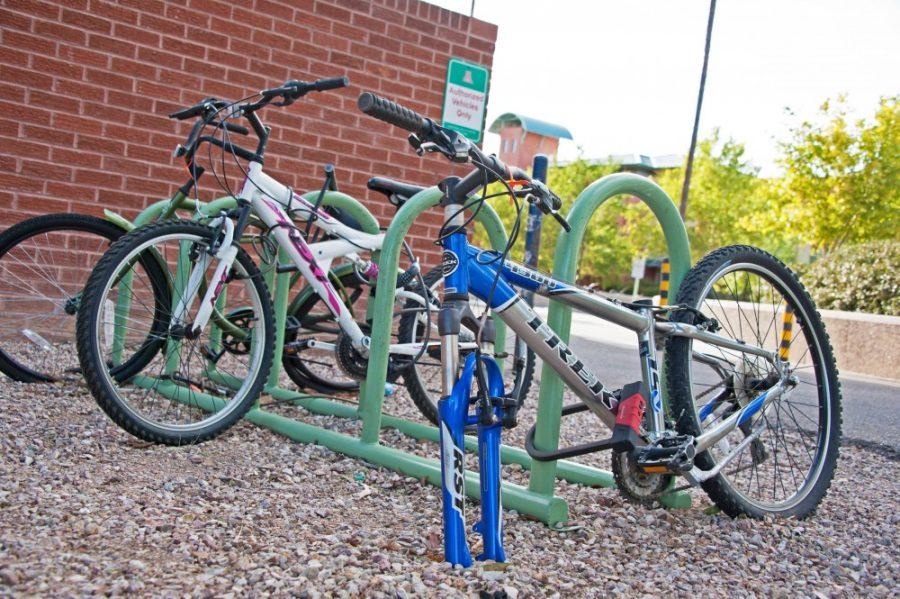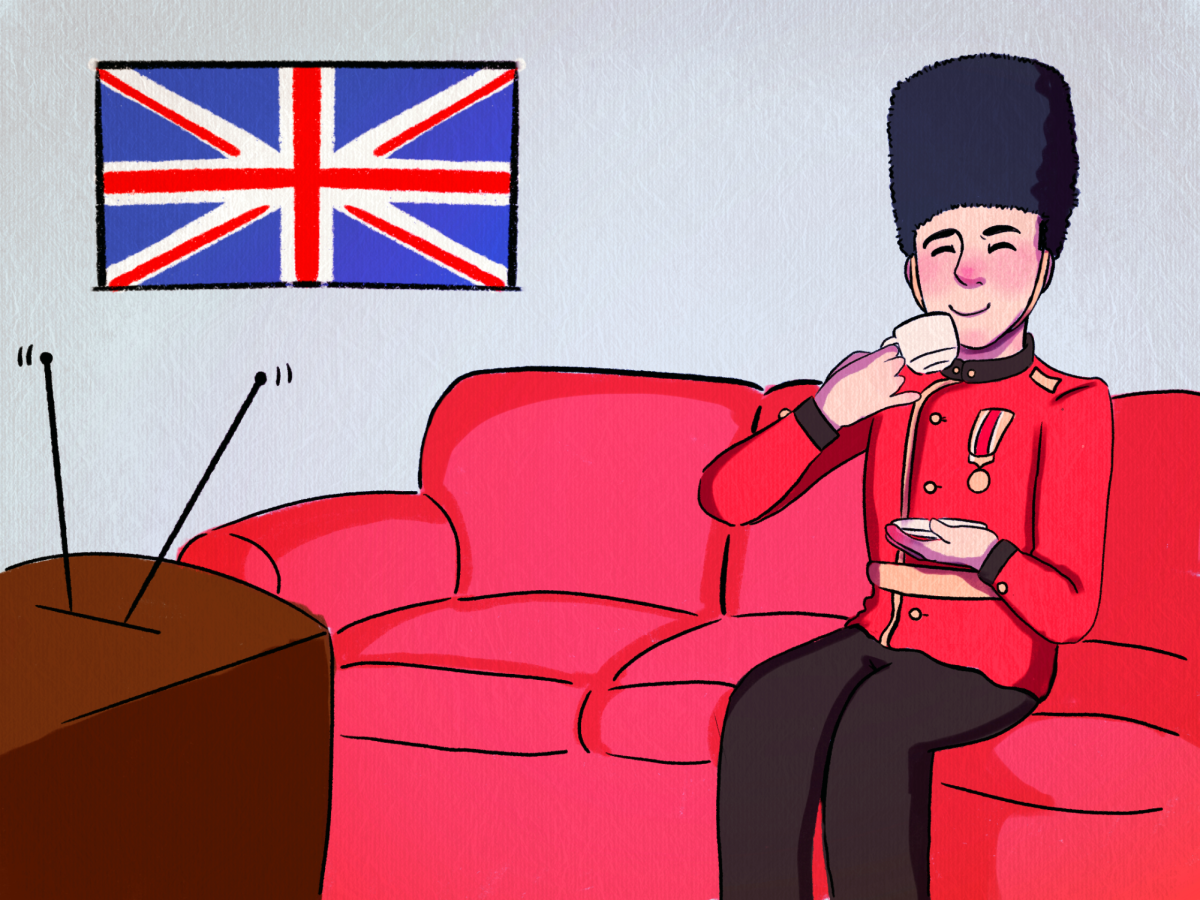Hide your boyfriends, ladies, if you’ve got them. The New York Times has stumbled upon a real tragedy: there are more women in college than men.
In a Sunday Style section piece Feb. 7, male journalist Alex Williams wrote, “”In terms of academic advancement, this is hardly the worst news for women — hoist a mug for female achievement. And certainly, women are primarily in college not because they are looking for men, but because they want to earn a degree. But surrounded by so many other successful women, they often find it harder than expected to find a date on a Friday night.”” Though it’s true that there are more men than women in most classes, and there are a few ladies dancing together at any given party, the Times piece is the same kind of anti-women rhetoric that started the MRS-degree paradigm in the first place.
The article focuses on University of North Carolina-Chapel Hill, one of the UA’s supposed peer universities, where the female percentage is nearly 60 percent. Though the UA has a slightly more even ratio than UNC-CH, most girls here would probably echo the interviewees’ assertions that finding a good guy to date can be tough.
One of the young women quoted in the article explained the sociological dilemma thusly: “”Jayne Dallas, a senior studying advertising who was seated across the table, grumbled that the population of male undergraduates was even smaller when you looked at it as a dating pool. ‘Out of that 40 percent, there are maybe 20 percent that we would consider, and out of those 20, 10 have girlfriends, so all the girls are fighting over that other 10 percent,’ she said.””
Why are girls’ dating complaints receiving such prominent coverage? Because, apparently, this is a Serious Social Problem. Sociologist Kathleen A. Bogle was quoted in the Times article as saying, “”On college campuses where there are far more women than men, men have all the power to control the intensity of sexual and romantic relationships.””
Bogle continued, “”Women do not want to get left out in the cold, so they are competing for men on men’s terms … This results in more casual hook-up encounters that do not end up leading to more serious romantic relationships. Since college women say they generally want ‘something more’ than just a casual hook-up, women end up losing out.”” A University of Georgia psychology professor seconded Bogle’s point, as paraphrased by Williams: “”Women on gender-imbalanced campuses are paying a social price for success and, to a degree, are being victimized by men precisely because they have outperformed them.””
We really should have thought of that when we decided to leave the kitchen and enter the classroom — two places that are not, as the article seems to suggest, mutually exclusive. The argument that women are more interested in getting a degree than finding a husband is treated as a something poor, sad girls tell themselves to get over their loneliness. Of one woman quoted in the article, Williams wrote that as she “”has still not had a long-term relationship in college.”” There was no word on whether she found her social life fulfilling otherwise, or whether she felt challenged and stimulated in any way that did not involve securing a date. The article also suggests that women put up with cheating and being treated poorly because guys are so gosh-darn hard to come by.
The article paints a grim picture of what it’s like to be a woman in college today: “”Thanks to simple laws of supply and demand, it is often the women who must assert themselves romantically or be left alone on Valentine’s Day, staring down a George Clooney movie over a half-empty pizza box.””
It’d be a real sob-fest — if this were anything more than kvetching-while-nail-painting caliber whining. The article does not mention GLBT students at all, dealing only with the struggles of straight students, just reinforcing the narrow minded perspective that creates sociological round holes that today’s square pegs don’t — and shouldn’t — fit into. If a group of dudes stayed in to watch “”Ocean’s 11″” and scarf down some Brooklyn Pizza, it’d be a good night to be a bro. Somehow, if a group of girls do it, it’s only because we have a Serious Social Problem on our hands.
The real problem here is not how many dates that dash, it’s that there are fewer men in college in the first place. There are more men in the population, true, but the discrepancy is not as high as on college campuses. Though more men enter trades and join the military than women, the only change this article should inspire is a serious inquiry on why it is that women have such disproportionately higher achievement levels than men and why college is so much less accessible or available.
Hoist a mug for gender relations — we’ll be getting plastered, because this one’s wrong again.
— Anna Swenson is the opinions editor and a sophomore majoring in English. She can be reached at home, alone, with a half-empty pizza box and at letters@wildcat.arizona.edu.








